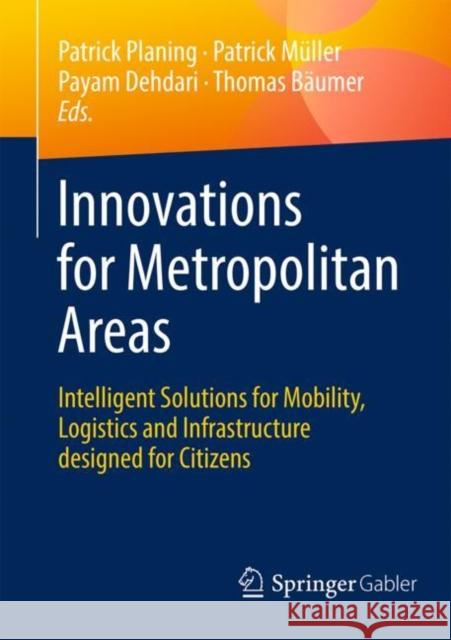Innovations for Metropolitan Areas: Intelligent Solutions for Mobility, Logistics and Infrastructure Designed for Citizens » książka
topmenu
Innovations for Metropolitan Areas: Intelligent Solutions for Mobility, Logistics and Infrastructure Designed for Citizens
ISBN-13: 9783662608050 / Angielski / Miękka / 2020 / 284 str.
Innovations for Metropolitan Areas: Intelligent Solutions for Mobility, Logistics and Infrastructure Designed for Citizens
ISBN-13: 9783662608050 / Angielski / Miękka / 2020 / 284 str.
cena 221,37
(netto: 210,83 VAT: 5%)
Najniższa cena z 30 dni: 212,02
(netto: 210,83 VAT: 5%)
Najniższa cena z 30 dni: 212,02
Termin realizacji zamówienia:
ok. 22 dni roboczych.
ok. 22 dni roboczych.
Darmowa dostawa!
Kategorie:
Kategorie BISAC:
Wydawca:
Springer
Język:
Angielski
ISBN-13:
9783662608050
Rok wydania:
2020
Wydanie:
2020
Ilość stron:
284
Waga:
0.36 kg
Wymiary:
20.83 x 19.56 x 1.02
Oprawa:
Miękka
Wolumenów:
01











